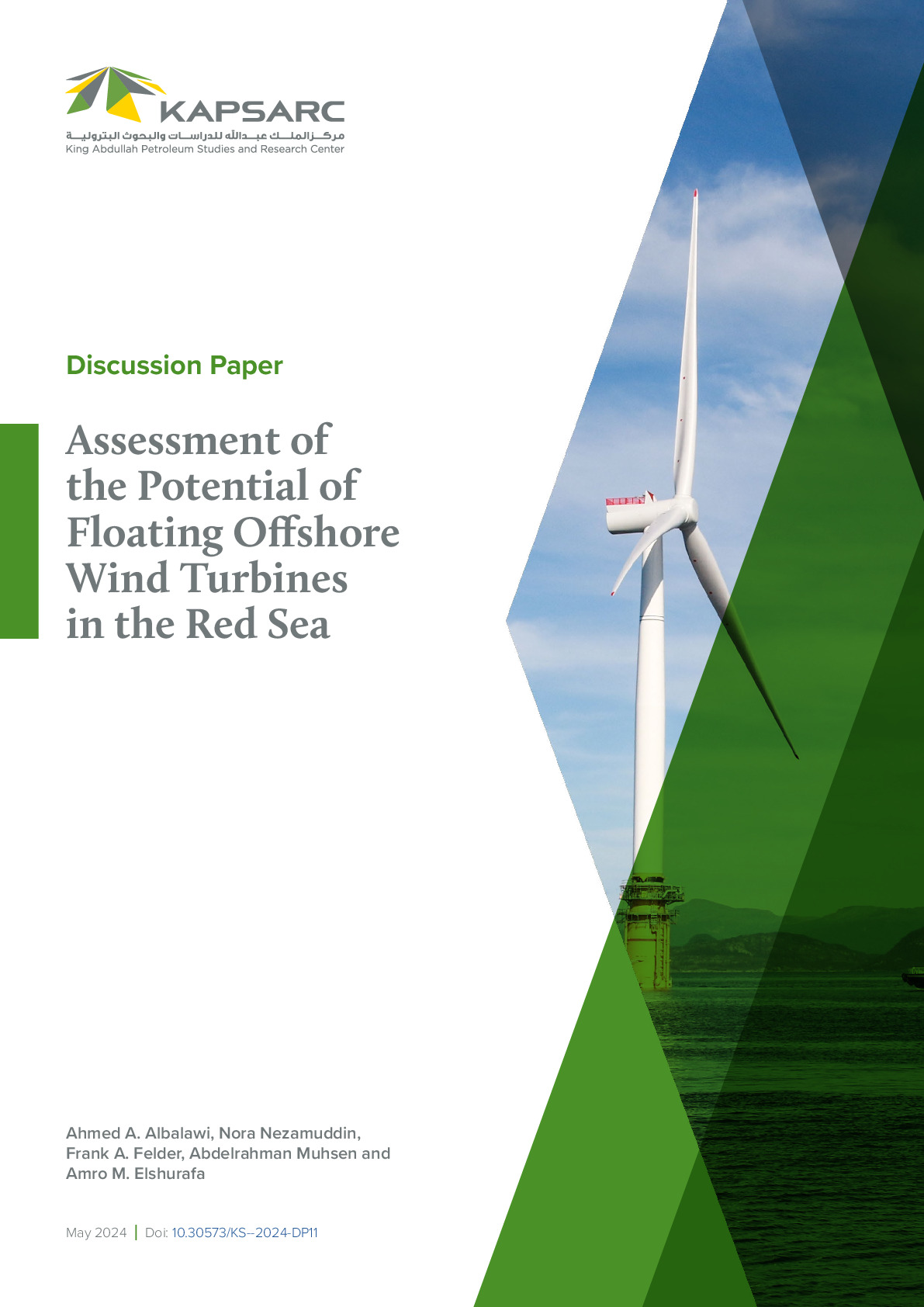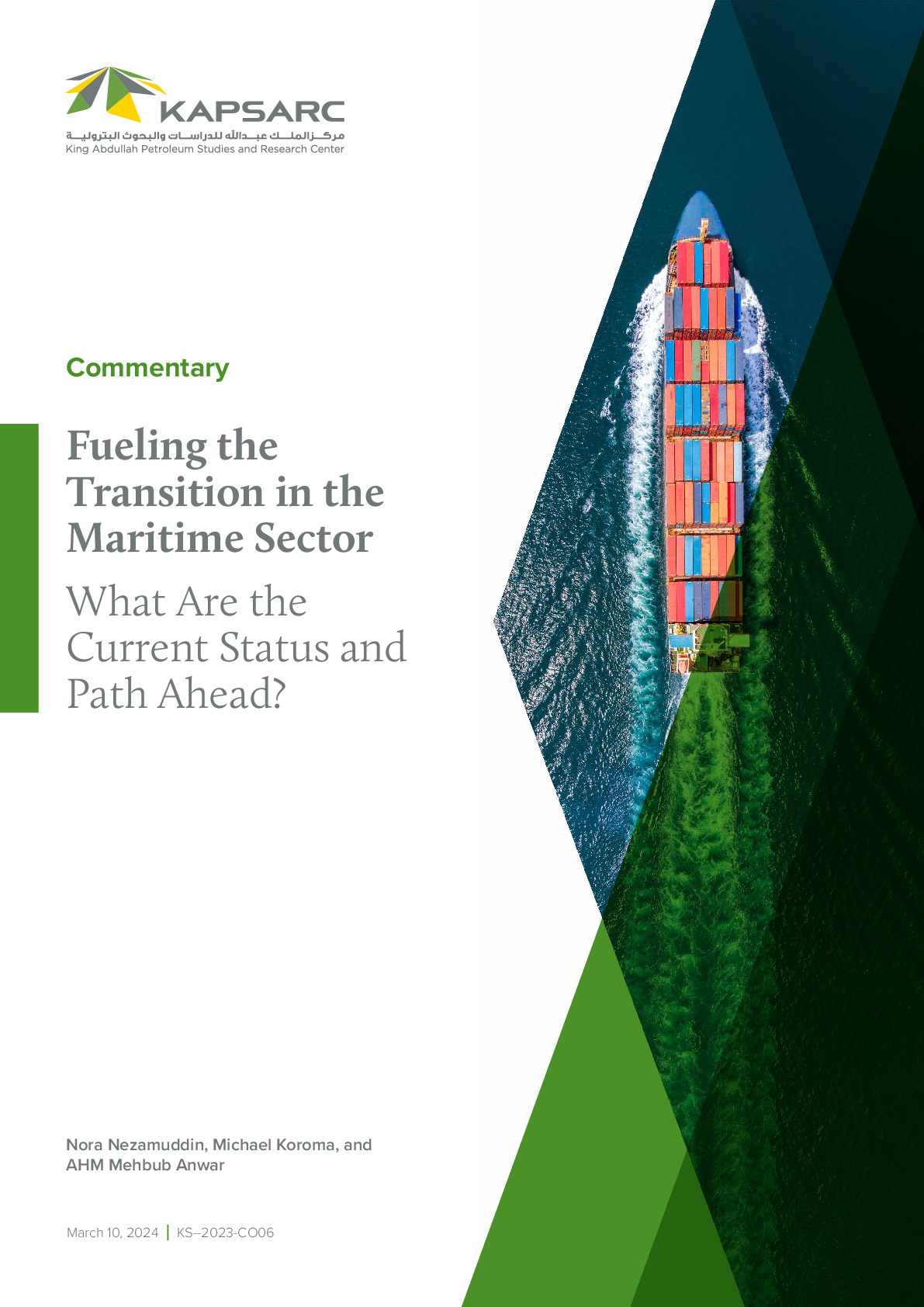The global outbreak of COVID-19 began in March 2020. As of April 2021, the global caseload has reached over 150 million. Governments globally have introduced various measures in an attempt to contain the virus’s spread. These measures have varied in type and stringency in different parts of the world. Some nations have applied extensive containment measures, whereas others have implemented basic guidelines. Governments have also introduced various vaccines to combat the pandemic; around 1.4 billion vaccine doses had been administered as of May 2021.

Fellow I
Nora is a fellow at KAPSARC specializing in transport economics research and energy consumption in the transport sector. Her areas…
Nora is a fellow at KAPSARC specializing in transport economics research and energy consumption in the transport sector. Her areas of interest include energy and transport economics, policy analysis, energy transitions, and sustainable transport. She holds an M.Sc. in Maritime and Air Transport Management, focusing on maritime transport economics research, from the University of Antwerp in Belgium and a B.S.B.A. in Business Administration and International Relations from The American University in Washington D.C.
Expertise
- Energy Economics
- Policy Analysis
- Sustainable Transport
- Energy Transitions
- Energy in Transport and Freight Transport
Publications See all Nora Nezamuddin’s publications

Assessment of the Potential of Floating Offshore Wind Turbines in the Red Sea
The global outbreak of COVID-19 began in March 2020. As of April 2021, the global…
5th May 2024
Fueling the Transition in the Maritime Sector: What Are the Current Status and Path Ahead?
The global outbreak of COVID-19 began in March 2020. As of April 2021, the global…
10th March 2024

